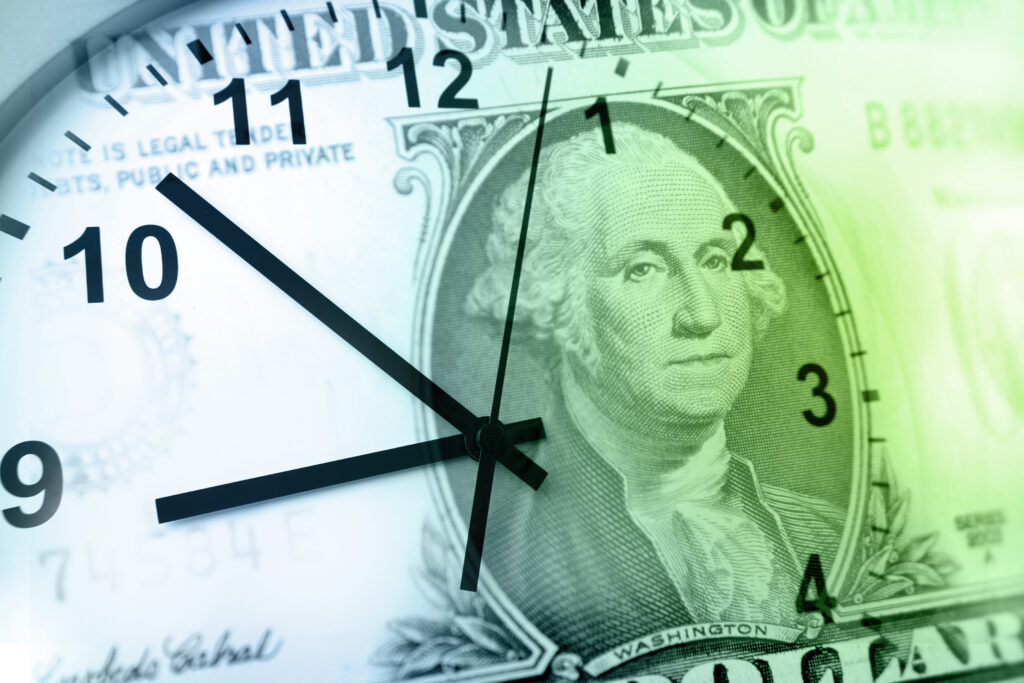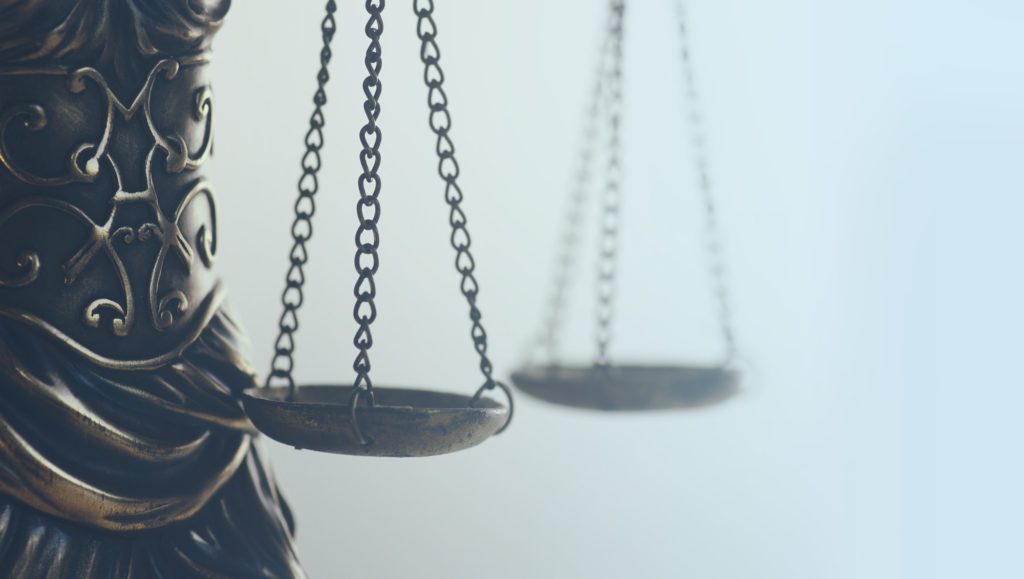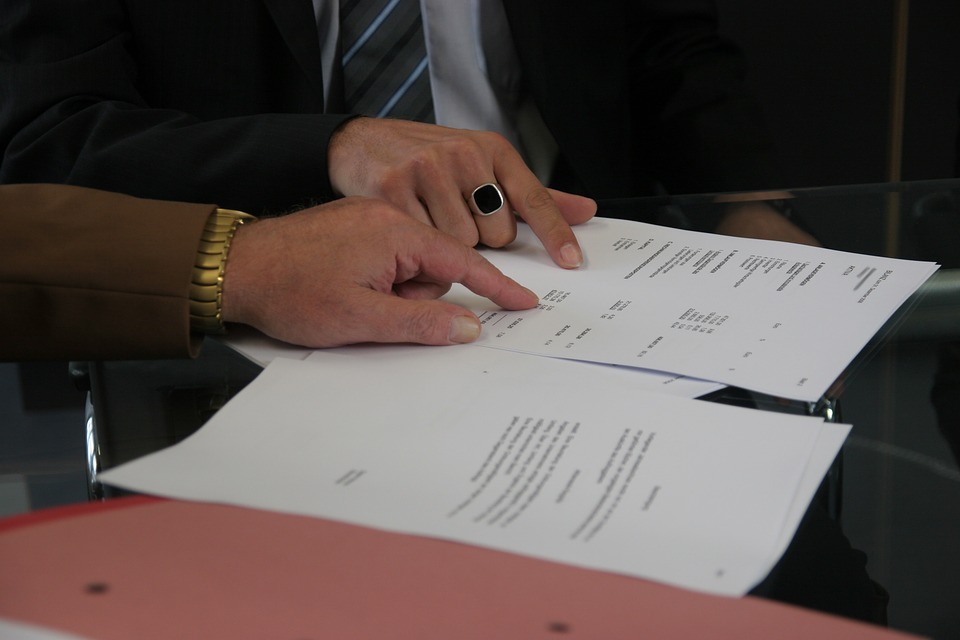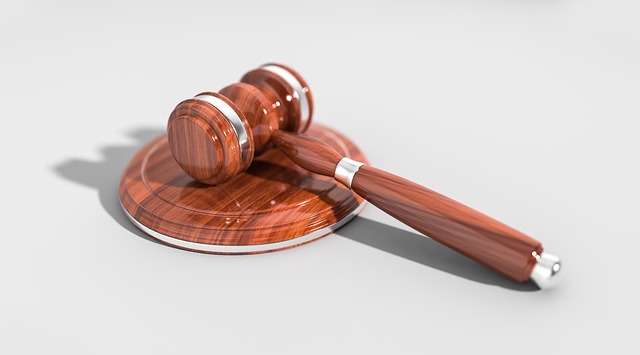Bankruptcy Guide
What Happens if My New York Bankruptcy Case is Dismissed?
Having your bankruptcy case dismissed is not a happy outcome for most cases. Usually, it happens when you have failed to comply with court rules, have violated court procedures, have failed to file forms on time, or have committed bankruptcy fraud. Your case may also be dismissed if you fail to attend your 341 meeting…
Read MoreCan You Inherit Debt in New York?
You may have read multiple news stories about collection agents calling people whose loved ones have died, attempting to hold them responsible for the deceased’s debts. Fortunately, there are only a handful of cases where a person directly inherits debts. A Deceased Person’s Debts Come Out of the Estate While it may feel like you’re…
Read MoreDebunking Common Bankruptcy Fears for New York Residents
Bankruptcy rumors persist even though over 750,000 American families file for Bankruptcy every year. Myths and fears about bankruptcy aren’t harmless. They frighten families into making bad financial decisions, such as withdrawing money from a retirement fund to pay off bad debt or continuing to pay creditors long past the point where it makes sense…
Read MoreThe Pros & Cons of Chapter 7 vs. Chapter 13 Bankruptcy
Some people may only file one form of bankruptcy. There is a means test, and often, the means test will shunt a borrower into one plan or the other. Nevertheless, some people do have a choice. If you’re one of them, you must know which bankruptcy chapter is right for you. Here are the advantages…
Read MoreWhat Are the Duties of a Bankruptcy Trustee?
Whether you file Chapter 7 or Chapter 13, your New York bankruptcy case will come with a court-appointed administrator known as a “trustee.” Many of our clients are a little afraid of the trustee and don’t fully understand the role that person will play in their bankruptcy case. By understanding, you can put your mind…
Read More4 Mistakes to Avoid at Your 341 Meeting of Creditors
The 341 meeting of creditors is a mandatory part of the bankruptcy process. For most people, it’s routine. The creditors don’t show up, the trustee verifies the information on your bankruptcy filing document, you go home, and your bankruptcy case proceeds as it’s meant to. Every now and then, something goes wrong. Sometimes, 341 meetings…
Read MoreWhat Will Your Chapter 13 Payment Be?
Chapter 13 payment plans cause a lot of anxiety to people considering bankruptcy. While it’s impossible to give you a specific number until we look at the facts of your case, we can give you some guidelines to help you figure out what your plan payment might look like. Here’s how your Chapter 13 payment…
Read MoreHow Long Does a Bankruptcy Case Take?
Once you’ve decided to seek a financial fresh start, you no doubt want the process to move as quickly as possible. Unfortunately, no court case ever moves quickly. And bankruptcy is a court case, not just a matter of filing some routine paperwork. Here’s what you need to know. Chapter 7 Bankruptcy A Chapter 7…
Read More3 Debts You Can Discharge in Chapter 13 That Can’t be Discharged in Chapter 7
One of the reasons it’s important to hire a bankruptcy attorney is that an attorney can help you determine which chapter of bankruptcy you should be filing. One of the considerations we use to determine your best bet is the types of debts you’re carrying. Some debts are dischargeable with a Chapter 13 bankruptcy but…
Read MoreWhat Happens if My Co-Signer Files for Bankruptcy in New York?
You co-signed for another person who has run into financial trouble or sought a co-signer for your loan. What happens to you when they declare bankruptcy, and what should your own next steps be? Here’s what you need to know. A Loan May Default If you are the primary borrower and your co-signer declares bankruptcy,…
Read More









